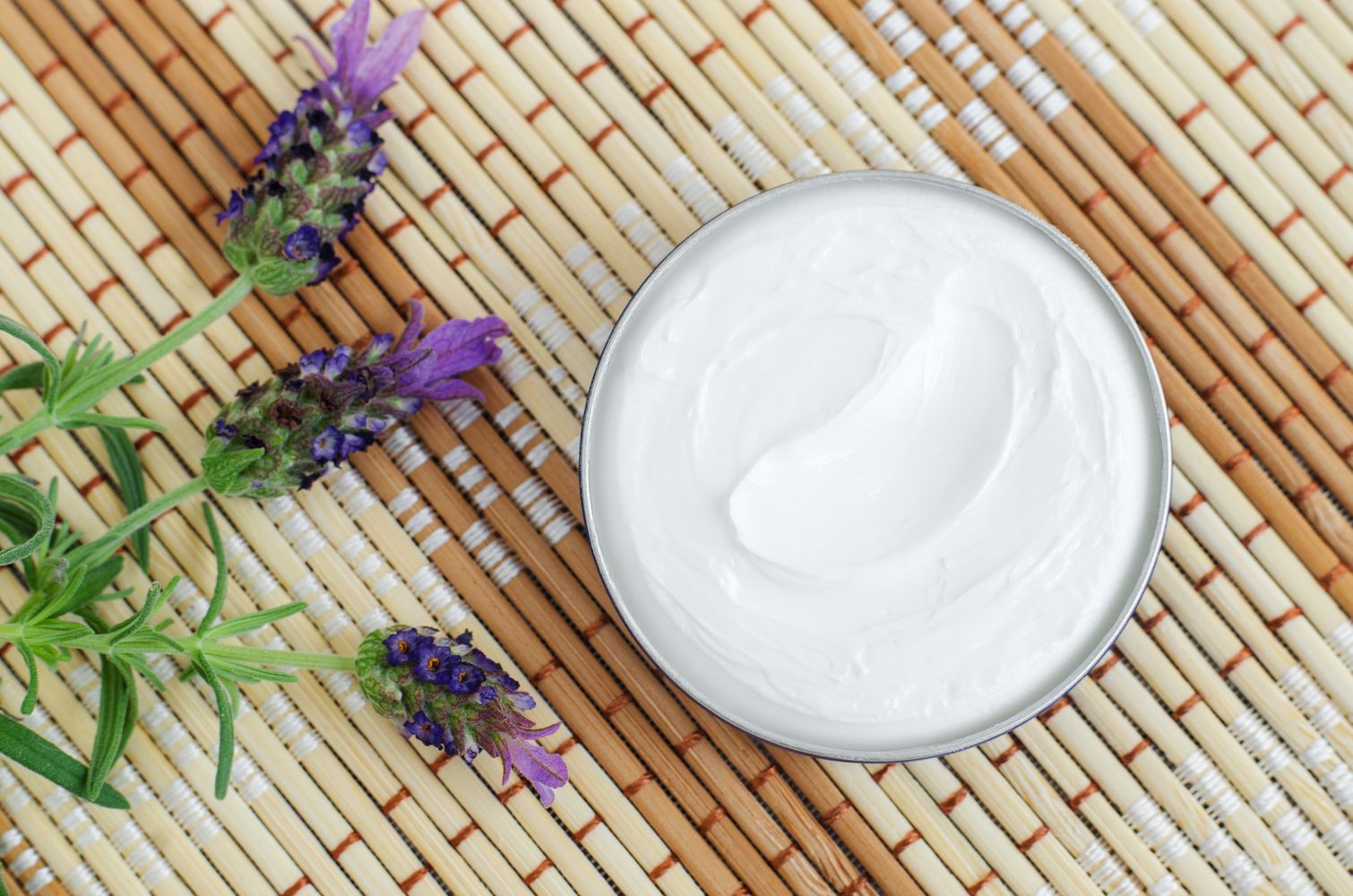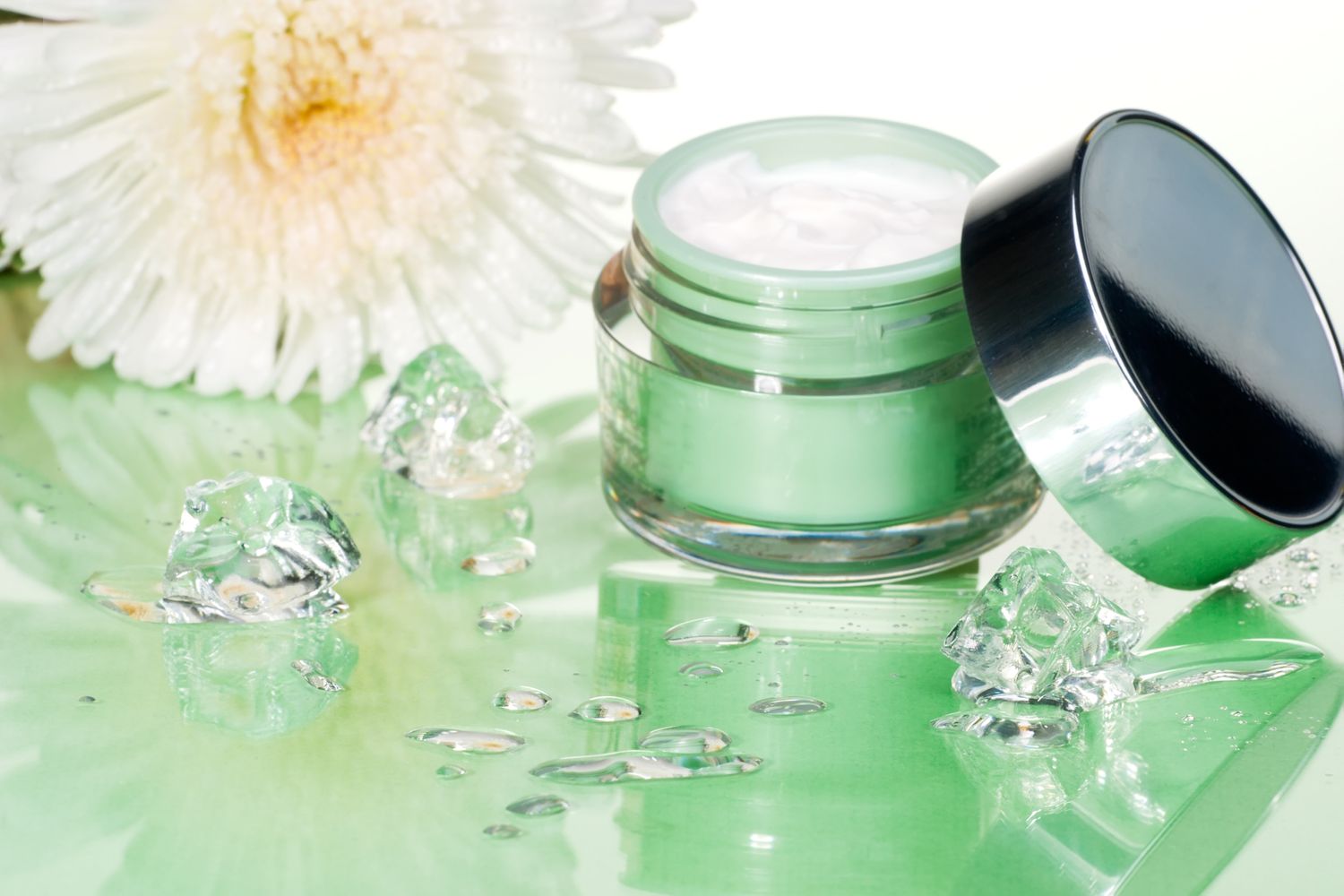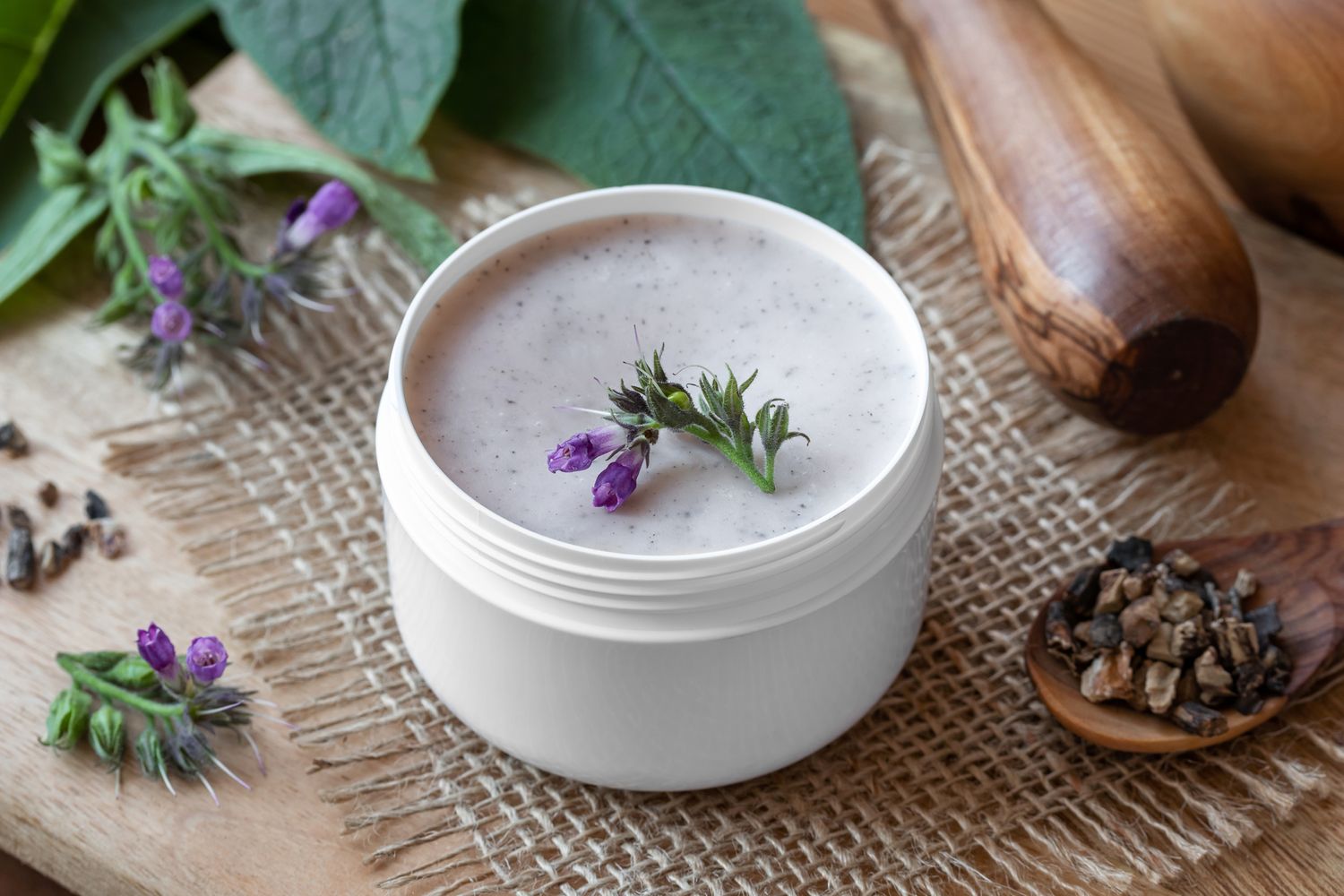Lanolin vs. APNO: Choosing the Right Nipple Cream for Breastfeeding Pain
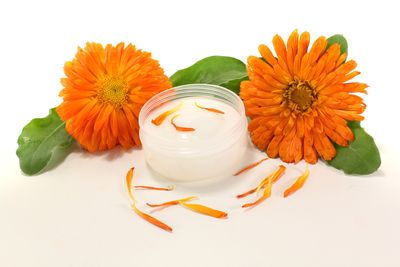
Introduction
Author: Khushboo Shah PharmD. 4/15/2025
For many mothers, breastfeeding is both beautiful and challenging. Nipple pain is one of the most common issues that arises—especially in the early weeks. To manage this pain, most mothers are introduced to lanolin creams. But when the discomfort deepens or becomes persistent, All-Purpose Nipple Ointment (APNO) is often the next step.
So, which option is better? And how do you know when to switch?
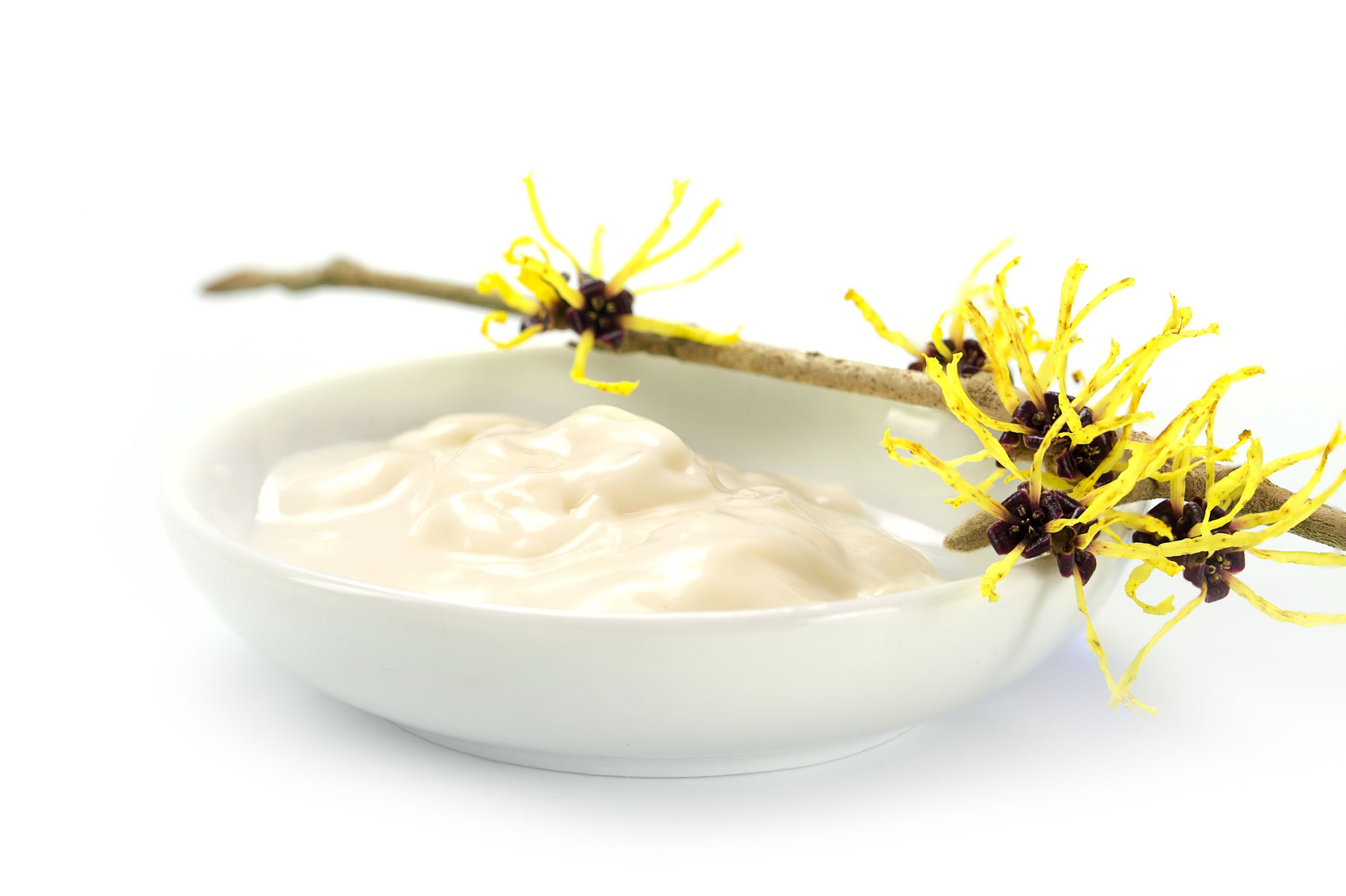
Understanding Lanolin: A Moisturizer, Not a Medicine
Lanolin is derived from sheep’s wool and has been used for decades as a soothing agent for dry, chapped skin. In the breastfeeding world, it’s known for forming a protective barrier that helps the skin retain moisture.
Many brands, like Lansinoh and Medela, offer 100% lanolin creams marketed specifically for nipple care. These products are over-the-counter and often recommended by hospitals immediately postpartum.
Lanolin can be beneficial in the early stages of breastfeeding when pain is minimal, and skin is adjusting to the friction of nursing. It may help reduce dryness and micro-tears, but it’s important to understand: lanolin does not treat infection, inflammation, or yeast (thrush). It is purely a topical emollient.
What Is APNO and Why Is It Different?
APNO, or All-Purpose Nipple Ointment, is a compounded medication that contains:
• Mupirocin – an antibiotic to address bacterial infections
• Betamethasone – a corticosteroid that reduces inflammation
• Miconazole – an antifungal to treat Candida (thrush)
This combination makes APNO a more comprehensive option when nipple pain is severe, recurring, or caused by more than just dryness. It’s designed to treat pain that results from infection, inflammation, and fungal overgrowth—which are often interrelated.
Unlike lanolin, APNO requires a prescription and must be made by a compounding pharmacy. At Rock Ridge Pharmacy, we formulate APNO fresh with pharmacist oversight, ensuring safe concentrations and optional customization (lanolin-free, steroid-free, etc.).
Which One Should You Use—and When?
Here’s the reality: lanolin and APNO serve very different purposes
If You’re Experiencing:
- Mild soreness from your baby learning to latch
- Dry skin or superficial cracks in the first days postpartum
- No visible signs of infection or thrush
Lanolin may be enough. It’s a good first-line solution—especially when symptoms are minimal and resolving on their own.
If You're Experiencing:
- Deep, sharp, or stabbing nipple pain
- Burning sensations during or after nursing
- Red, shiny, inflamed nipples
- White coating in the baby’s mouth (thrush)
- Cracks or wounds that aren’t healing after several days
Then lanolin will likely fall short. That’s when APNO becomes the clinically appropriate next step.
What the Research and Experts Say
According to the Journal of Human Lactation, APNO has shown significant effectiveness in reducing pain when combined with latch correction and antifungal support. Lactation consultants often recommend it when other remedies have failed—or when symptoms strongly suggest an underlying bacterial or yeast infection.
Lanolin, while widely available and often the first recommendation, has mixed results in studies when used alone to treat cracked nipples. It doesn’t address the root cause of infections or inflammation, and prolonged use without improvement may delay proper treatment.
Custom APNO Compounded by Rock Ridge Pharmacy
At Rock Ridge Pharmacy, we compound APNO using the evidence-based formulation developed by Dr. Jack Newman:
- Mupirocin 2%
- Betamethasone 0.1%
- Miconazole (final 2% concentration)
Each prescription is customized based on your provider’s recommendations and can be adjusted for sensitivities (e.g. steroid-free, lanolin-free). Our goal is to help moms heal fast, comfortably, and safely—without disrupting their breastfeeding journey.

Final Thoughts: Relief Comes from the Right Match
Lanolin is easy, accessible, and often enough for early-stage nipple soreness. But when the pain becomes persistent, sharp, or shows signs of infection, APNO is the better choice—and often the only thing that truly helps.
If you’re unsure which treatment is right for you, talk to your doctor or lactation consultant. And if APNO is recommended, we’re here to help you get a safe, expertly compounded formulation—delivered fast and made just for you.
Need APNO? Have questions about a prescription?
Call Rock Ridge Pharmacy today at (201) 444-4190 or fax your provider’s script to (201) 444-2698.
Visit us online at https://www.rockridgepharmacy.com/all-purpose-nipple-ointment-apno to learn more about our women’s health compounding services.
Read Related Blogs Below
APNO for Breastfeeding Moms: Your Top 10 Questions Answered by a Compounding Pharmacist
Breastfeeding is beautiful—but when nipple pain enters the picture, it can also feel exhausting and overwhelming. If you’ve been handed a tube of lanolin cream and it hasn’t worked, you may have heard... Learn More
Top 5 Signs You Need APNO and Not Just Lanolin: A Pharmacist’s Checklist for Breastfeeding Moms
Breastfeeding is natural—but let’s be honest, it’s not always easy. For many moms, what begins as a loving bond becomes clouded by nipple pain, cracks, or even infections that make each feed feel... Learn More
APNO for Healthcare Providers: When and How to Recommend It for Nipple Pain
All-Purpose Nipple Ointment (APNO) offers a clinically proven solution for breastfeeding pain that stems from multiple causes—bacterial, fungal, and inflammatory. When compounded correctly, it becomes a fast... Learn More
How Rock Ridge Pharmacy Customizes APNO Formulas to Fit Every Mom’s Needs
Breastfeeding should be beautiful—not painful. But when sore, cracked, or infected nipples interfere, it can quickly become overwhelming. Over-the-counter creams may bring short-term relief, but they often fall short of... Learn More


